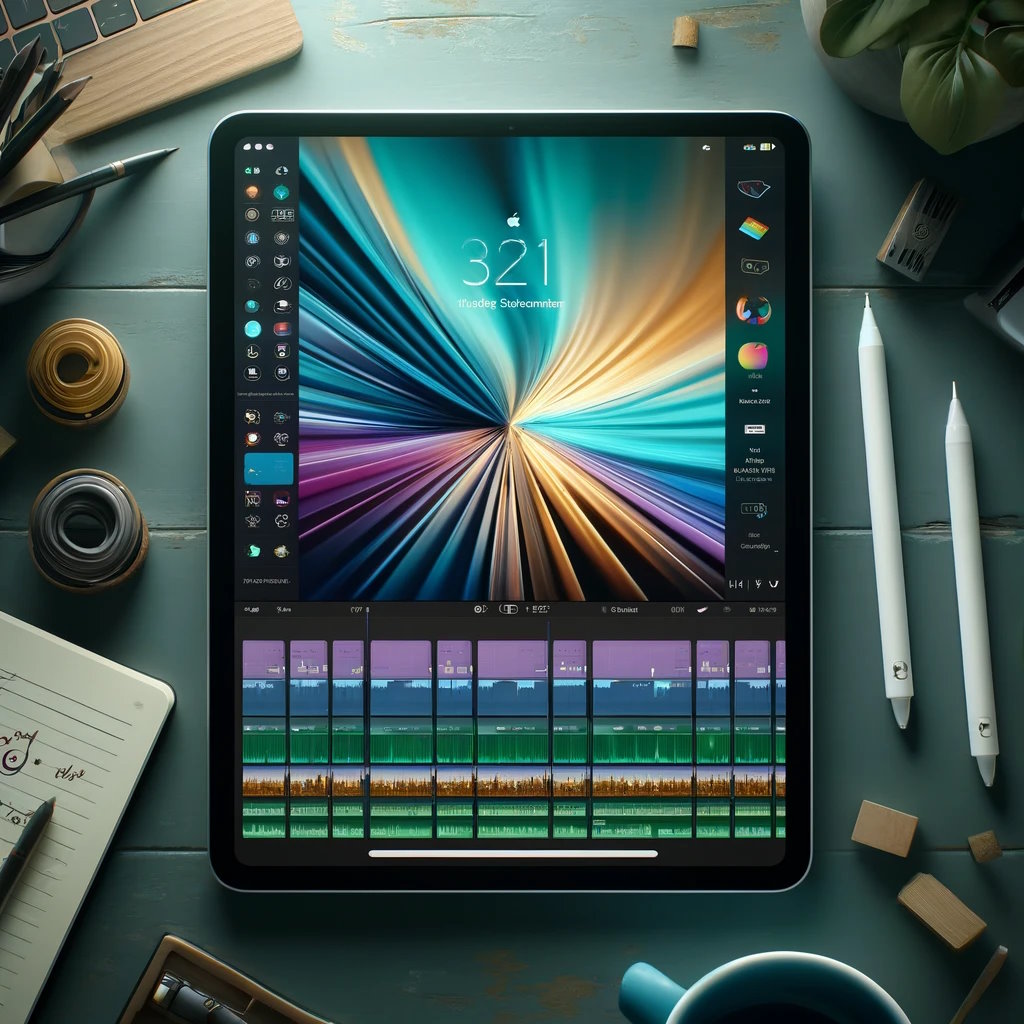Apple has recently announced the introduction of its M4 chip in the latest iPad Pro models, positioning the device as a leader in portable AI technology. The M4 chip promises to enhance efficiency and performance, matching the M2 chip’s capabilities while using significantly less power. This advancement is part of Apple’s broader strategy to integrate more robust AI functionalities across its product lineup.
Advantages of the M4 Chip and OLED Display:
- Enhanced AI Capabilities: The M4 chip’s upgraded Neural Engine accelerates on-device AI tasks, such as real-time video editing and automatic music transcription in apps like Final Cut Pro and StaffPad. This makes the iPad Pro more powerful for professionals in creative industries.
- Improved Display Technology: With the introduction of an OLED screen, the new iPad Pro offers improved color accuracy and brightness, supporting up to 1600 nits peak brightness for HDR content. This is a significant upgrade over previous models and enhances the viewing experience for all users.
- Energy Efficiency: The chip’s ability to deliver high performance while consuming less power is a considerable advantage for users who need long battery life for intensive tasks.


Potential Drawbacks and Considerations:
- Cost Implications: The inclusion of high-end technologies such as the OLED display and nano-texture glass, especially in larger storage models, significantly increases the cost. The base model starts at $999, with high-end models reaching up to $2,599, potentially putting it out of reach for average consumers (Techopedia).
- Limited Upgradability and Repairability: Like many of Apple’s products, the iPad Pro’s design may pose challenges for upgrading and repairing, which could lead to higher long-term ownership costs.
- Market Positioning: While the enhancements position the iPad Pro as a cutting-edge device, the high cost and specialized features may limit its appeal primarily to professionals or affluent users, rather than average consumers who may not require such advanced capabilities.
In conclusion, Apple’s latest iPad Pro with the M4 chip sets a new standard for what users can expect from high-performance portable devices in an AI-driven market. However, the cost and specialized nature of its enhancements could narrow its market appeal. These developments underscore Apple’s commitment to innovation, even as they highlight the ongoing debate over cost versus performance in consumer electronics.



